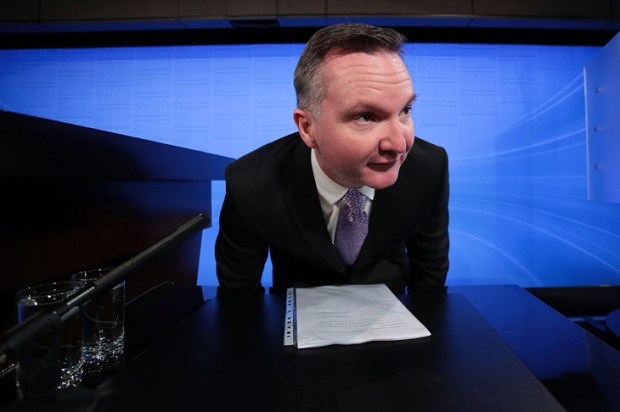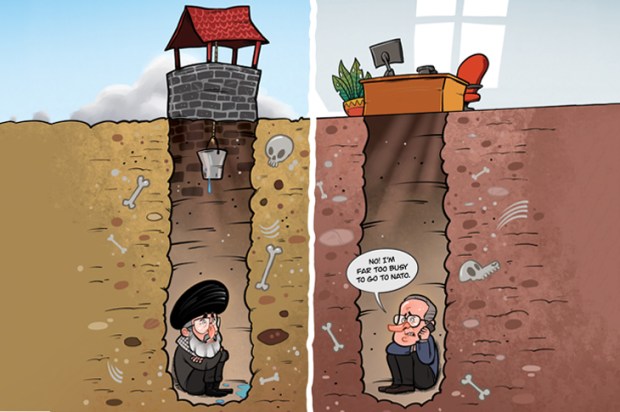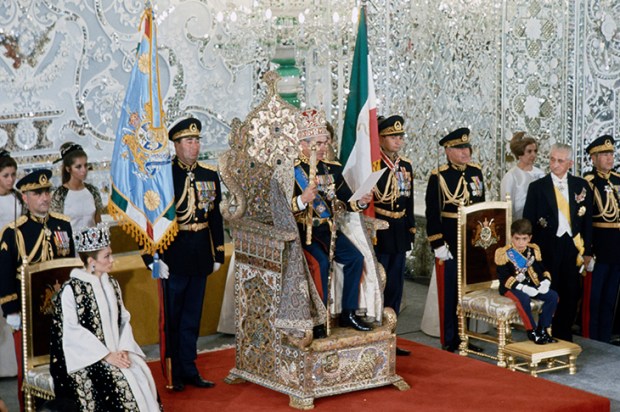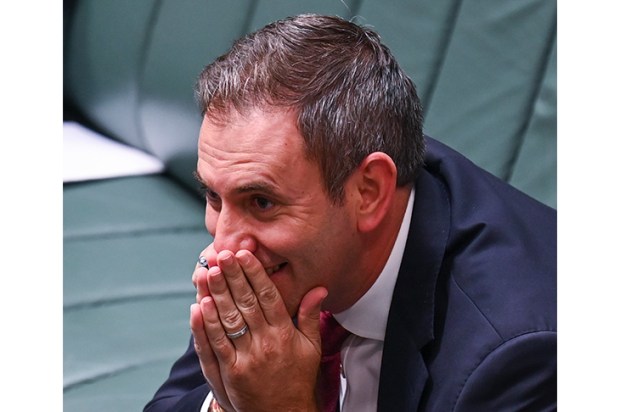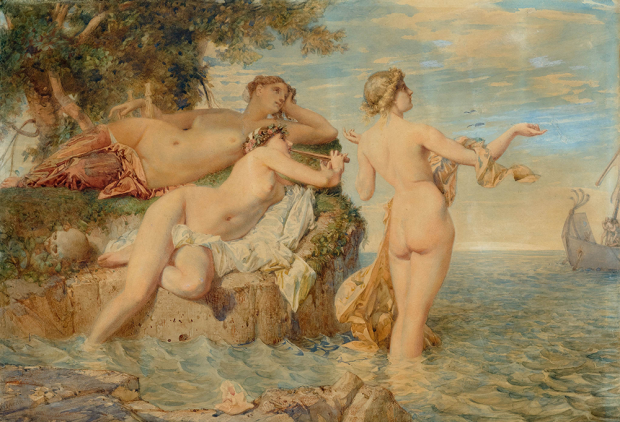Reflecting on the state of the Roman Empire in the 4th Century, the historian Edward Gibbon remarked that the growing number of lawyers was an indication of societal decay.
While not attacking all lawyers personally – Gibbon acknowledges that the ‘honour of [this] liberal profession has indeed been vindicated by ancient and modern advocates, who have filled the most important stations with pure integrity and consummate wisdom’ – he could not escape the conclusion that the overproduction of lawyers was ‘pregnant with mischief and disgrace’.
There were three core problems to Gibbon, which arose from the nature of a lawyer’s work and their incentives to create more of it for themselves: conflict, confusion, and caution. Some ‘procured admittance into families for the purpose of fomenting differences, of encouraging suits, and of preparing a harvest of gain for themselves or their brethren’. Others ‘recluse in their chambers, maintained the gravity of legal professors, by furnishing a rich client with subtleties to confound the plainest truth, and with arguments to colour the most unjustifiable pretensions’. And finally, certain lawyers conduct ‘their clients through a maze of expense, of delay, and of disappointment; from whence, after a tedious series of years, they were at length dismissed’.
Conflict, confusion, and caution; these are characteristics of a culture in decline.
This is not to denigrate lawyers themselves, but to ask whether having too many of them indicates that something has gone wrong in society.
Once Australia settled into self-government after 1851, the share of the total population employed as lawyers dropped significantly and then remained incredibly stable for the next 125 or so years. Census data from the Australian colonies in 1856, for example, shows that around 8 in every 10,000 people were employed as a lawyer (down from 14 per 10,000 in 1846). Up until at least 1986, this ratio fluctuated between 5 and 9 per 10,000. In 1981 it breached this range, hitting 12 per 10,000, and it has continued an almost-unchecked rise since then. Currently around 37 people out of every 10,000 Australian residents are employed as lawyers.
A simple explanation would be that this is the mark of Australia becoming a services-based economy. But this is not a benign shift; it is one caused by policy choices made by governments.
Australia’s tax system, for example, is incredibly complex. In the 1950s, there were some 1,080 pages of tax law. By 2015, this had increased to over 14,000 pages. The Income Tax Assessment Act 1997 (one of two Income Tax Assessment Acts Australia has on the books) for example is 5,748 pages. When introduced, it was 421 pages long.
Having more lawyers can be thought of as part of the expansion of the private sector bureaucracy which includes those technically employed in the private sector but whose job is ‘associated with implementing, interpreting, or ensuring compliance with government rules and regulations’. Australia has seen a significant shift away from genuine, private sector production and toward this arm of the growing administrative state in recent decades.
Tying ourselves up in knots with complex rules and then spending vast amounts of money on interpreting them and litigating the details is frustrating to the average person who wants to get on with building a good life for themselves and their families. It robs us of opportunity and prosperity and is part of the reason why we are struggling to build things. As The Economist recently noted, across the rich world ‘house-building has become much less responsive to rising house prices in recent years’, showing that the number of new homes built per 1,000 residents is hobbling along at four. Should Australia be so lucky; ours has averaged 1.6 under the Albanese Labor government.
There is a cultural factor that should be considered too. The surge in legislating that happened after the second world war was not only aimed at regulating the economy (although much of it was). It also sought to replace cultural norms and values, and thereby regulate society. As the American political theorist, Patrick Deneen has argued, additional codified laws are required when the normal, healthy, voluntary associations that human beings form are displaced by a growing state or disrupted by political decisions. Deneen would, for example, point to the dismantling of immigration restrictions by the Whitlam and Fraser governments, and the subsequent policy of replacing local cultures with a ‘cultureless multiculturalism’, as the kind of ‘liberalising’ policy which requires a massive expansion in state control to force cohesion.
The Soviet author and dissident, Alexander Solzhenitsyn, made a similar argument in his 1978 Harvard commencement address. With the caveat that he had spent his entire life ‘under a Communist regime and I will tell you that a society without any objective legal scale is a terrible one indeed’, Solzhenitsyn made the case that a society cannot rely exclusively on a legal code, but that it needs moral, cultural ones too:
People in the West have acquired considerable skill in using, interpreting, and manipulating law (though laws tend to be too complicated for an average person to understand without the help of an expert). Every conflict is solved according to the letter of the law and this is considered to be the ultimate solution. If one is right from a legal point of view, nothing more is required, nobody may mention that one could still not be entirely right, and urge self-restraint or a renunciation of these rights, call for sacrifice and selfless risk: this would simply sound absurd.
Self-restraint, sacrifice, and selfless risk are the kind of values that cannot be simply written down and enforced. They are part of the moral fabric of a society that runs deeper than the state, and which Deneen and others argue has been hollowed out. They are the natural domain of families, churches, schools and liberal arts colleges, and the other voluntary associations human beings have long relied upon in their ‘quest for community’. To be coherent, such communities require a shared sense of identity.
As the British Prime Minister, Sir Keir Starmer, recently warned:
Nations depend on rules – fair rules. Sometimes they’re written down, often they’re not, but either way, they give shape to our values. They guide us towards our rights, of course, but also our responsibilities, the obligations we owe to one another. Now, in a diverse nation like ours, and I celebrate that, these rules become even more important. Without them, we risk becoming an island of strangers, not a nation that walks forward together.
Cian Hussey is a Research Fellow at the Institute of Public Affairs and writes No Permanent Solutions.






